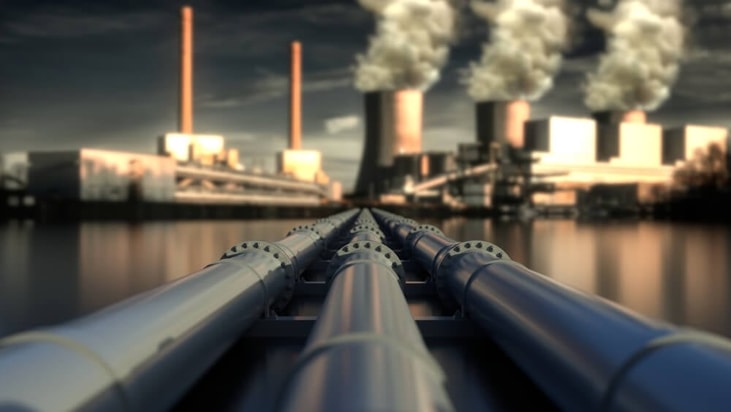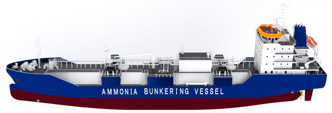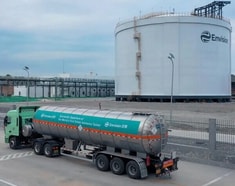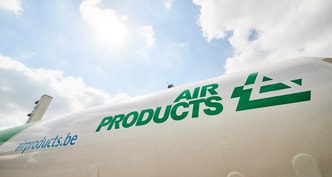Fugro supports Equinor’s CO2 pipeline with ground investigation
Fugro has begun a ground investigation for Equinor’s proposed 1,000-kilometre CO2 pipeline, which aims to transport carbon dioxide from hubs in mainland Europe to storage sites on the Norwegian continental shelf.
The project, described as a potential breakthrough for CO2 transport and storage in northwestern Europe, is part of efforts to enable large-scale carbon capture and storage (CCS) solutions for European industry.
The pipeline, dubbed the “CO2 Highway,” is scheduled to come online by 2030, with Fugro’s data acquisition playing a crucial role in minimising design risks.
The geotechnical services firm will use its specialised WaveWalker platform to collect high-quality geo-data at the project’s coastal location in Zeebrugge, Belgium.
... to continue reading you must be subscribed












